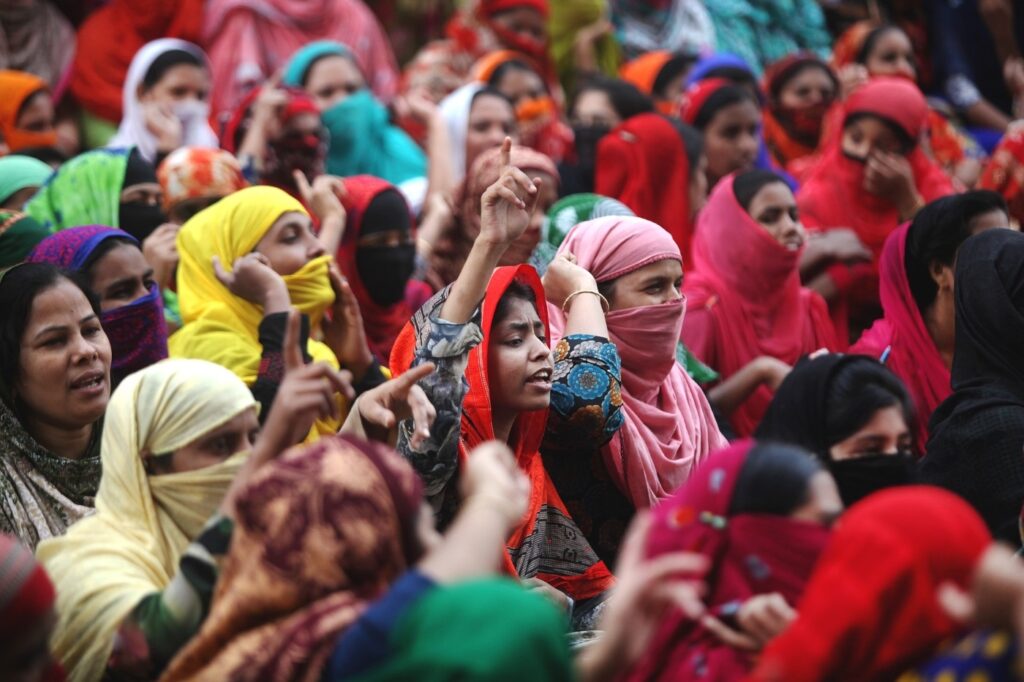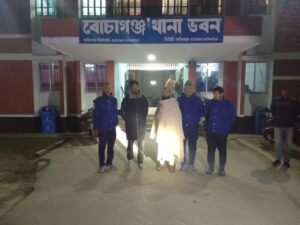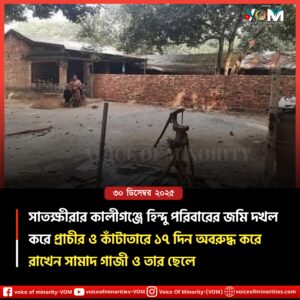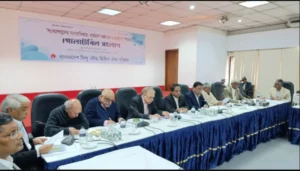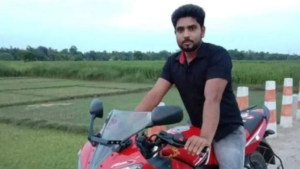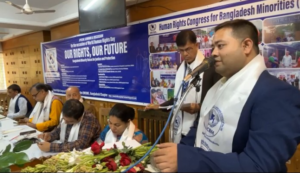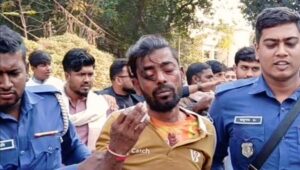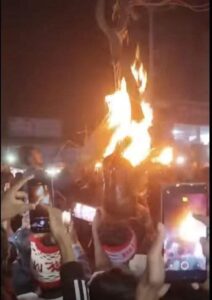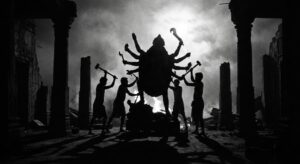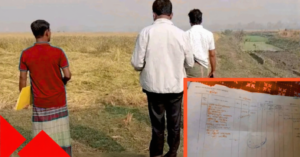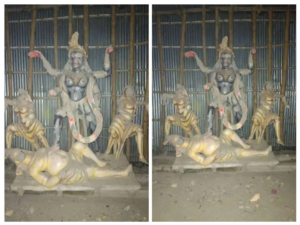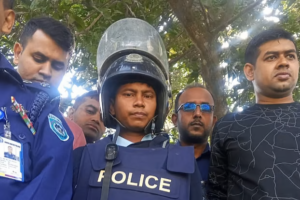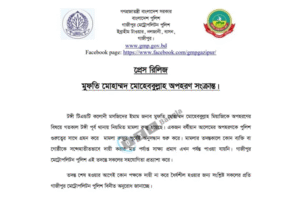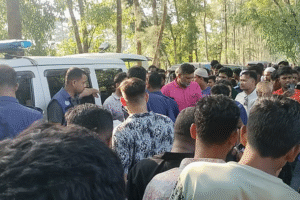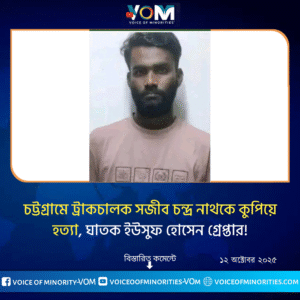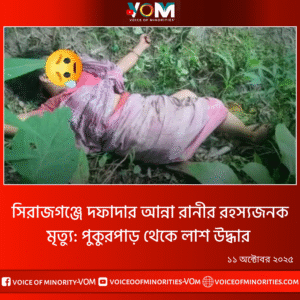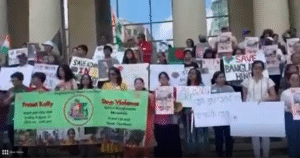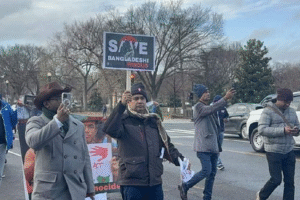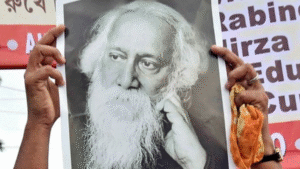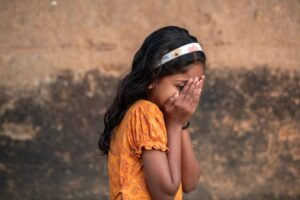Violence against religious minorities has surged in Bangladesh following the fall of Sheikh Hasina’s government and the installation of an interim administration in early August 2024. Attacks on Hindu, Christian, and Ahmadiyya communities have raised alarm both inside the country and abroad, despite repeated assurances of protection from the new authorities.
Wave of Attacks After Regime Change
According to minority rights groups, more than 2,000 incidents of communal violence were recorded between August 4 and August 20, in the immediate aftermath of Hasina’s resignation. Hindu homes, businesses, and temples were targeted in coordinated assaults. The Bangladesh Hindu Buddhist Christian Unity Council reported that at least five people were killed and over 150 temples vandalized in the two weeks following the change of government.
Independent watchdog Ain o Salish Kendra confirmed three deaths and over 200 cases of vandalism during the same period. Rights activists say the violence was concentrated in districts with large Hindu populations, though Christians and Ahmadiyyas also came under attack.
Continued Unrest Through Late 2024
While the intensity of violence declined after August, scattered attacks continued through the end of the year. In December, a Hindu temple near Dhaka was set on fire, destroying sacred idols. In November, Chittagong’s Hazari Lane area saw mob violence triggered by a social media post targeting the ISKCON community. Police reported acid attacks, vandalism, and injuries to security forces, arresting at least 49 people in connection with the unrest.
Human rights groups documented additional cases of killings, arson, rape, and land seizures against minorities between September and December, bringing the total death toll for 2024 to more than 20.
Government Pledges and Response
The interim government, led by Nobel laureate Muhammad Yunus, has pledged to safeguard minority communities. Yunus personally visited damaged temples and promised justice for victims. Authorities say they have registered more than 100 cases and arrested at least as many suspects since August. Officials insist many incidents were “politically motivated” rather than purely communal.
Still, critics argue the government’s response has been uneven and accountability weak. “Perpetrators continue to enjoy impunity,” said one minority leader, warning that fear persists in many rural communities.
Divided Perceptions of Safety
A survey by Voice of America in October showed mixed feelings about security: while 64 percent of respondents said minorities were safer under the interim administration, nearly 34 percent of minorities themselves reported feeling less secure than before.
International Concern
The violence has drawn condemnation from rights organizations and foreign governments. Human Rights Watch and Christian Solidarity International both called for stronger protection of minorities. U.S. officials also raised concerns about rising religious extremism in Bangladesh.
With national elections expected later this year, political observers warn that instability could further endanger vulnerable groups unless stronger protections and swift prosecutions are put in place.

